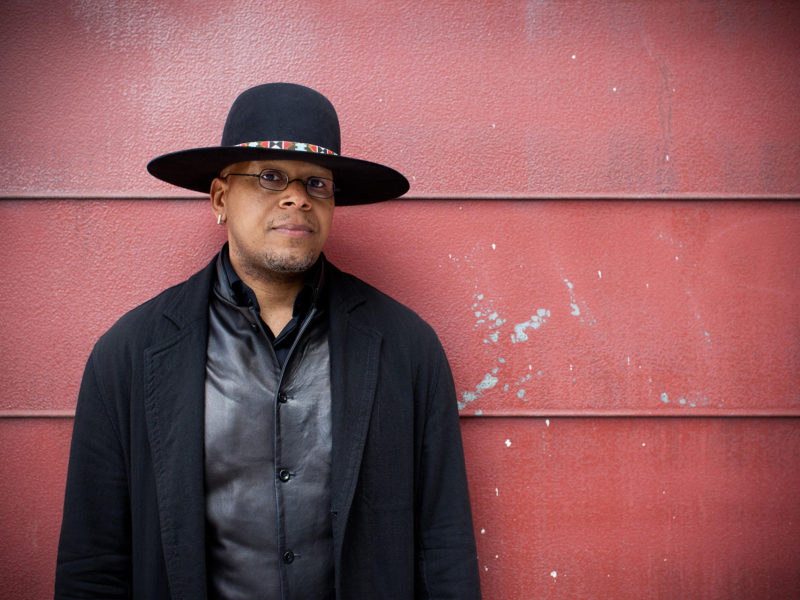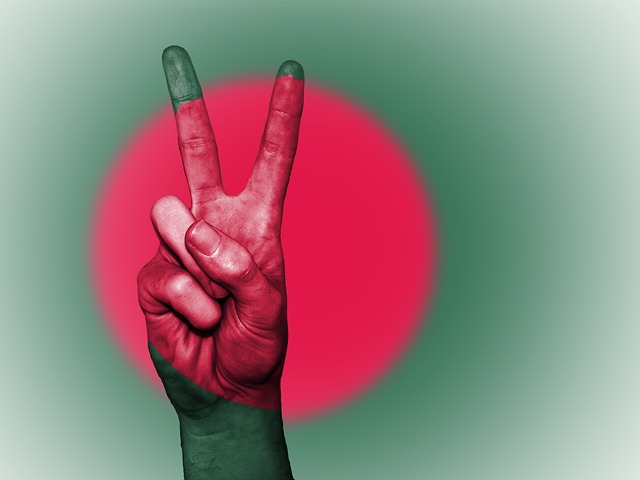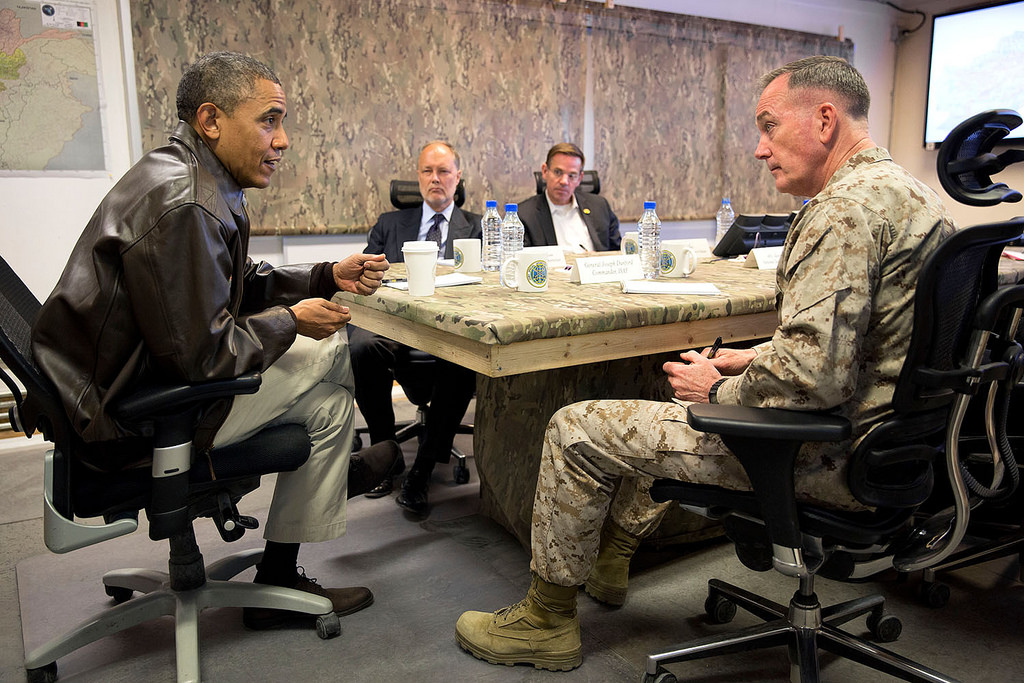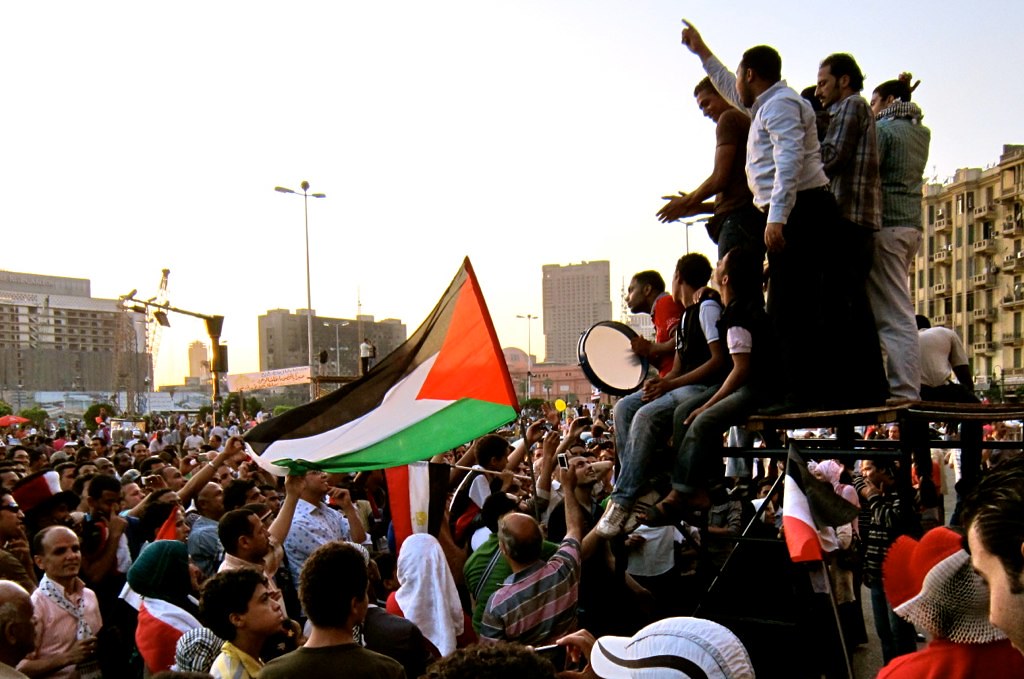Christian Davenport joins the editorial board of Political Violence @ A Glance at a time of global upheaval, surging nationalism, and growing concern that democracy is dying. A Professor of Political Science at the University of Michigan and Research Professor at the Peace Research Institute Oslo (PRIO), Christian studies political conflict—human rights violations, genocide, torture, political surveillance, civil war, and social movements; measurement; racism; and popular culture. He is the author of numerous books, including most recently: The Peace Continuum with Erik Melander and Patrick Regan (2017, Oxford University Press). He is also the author of a comic, RW-94: Reflections on Rwanda, with Darick Ritter, and is currently running a project looking at the consequences of contention.
In this interview, Christian reflects on the state of the world and answers the question: does an outlet like Political Violence @ A Glance still matter in today’s world?
You’re considered the foremost expert on state repression. Is the United States becoming more repressive?
Well, thanks for that. It takes a village though: our collective insights create the field. I’m just a good observer and channeler.
In answer to your question, I think I would begin with: more repressive relative to what? Supposing that you mean relative to recent history and the last administration, then yes there are several overt forms of repression that have been ramped up, not just at the federal level but at various state levels as well. Unfortunately, we don’t know what is going on covertly but we should mention this.
We should not mention these developments and move on though. What’s important to understand is that increased overt repression is promoting greater awareness of the necessity for resistance. The two always go together.
What kinds of political violence are most likely in the US during/after the 2020 election? Can the experiences of other countries inform us here or is the US exceptional?
We should expect a variety of different forms of contention—both violent as well as non-violence. We need to stop separating the two. And I think that the experience of other countries can provide us with some clues, but mostly (invoking Tilly’s conception of a repertoire) we should look to US history for the best clues. This is not exceptionalism, but rather it reveals the pull of locality in tactical selection.
Accordingly, we should see many instances of non-violent protest, some non-violent rallies where violence breaks out, some threats and perhaps a shooting. There may be some curfews put into effect as a pre-emptive measure to not only address potential violence but also to impact electoral behavior. Gerrymandering will also be used toward the latter end. Finally, we may see external uses of violence used by the US government invoking the old external-internal conflict dynamic as a way of distracting locals.
What’s behind the wave of global protest and is it an effective means of transforming cities, countries, regions?
What’s behind the wave is the same economic and political inequalities documented by Charles Tilly and Tim Moran matched with a repertorial selection that appears to be widely accepted as legitimate, right, and appropriate. I do not think that these tactics lead to “transformation” as inequality rarely changes. Rather, these efforts lead to often temporary accommodations, investigative committees, and to additional seats being placed at a table until the efforts have been co-opted or subverted. Historically, speaking.
You recently published a graphic novel on your experience researching and writing about the Rwandan genocide. What appealed to you about the graphic novel format?
Graphic novels are less hindered by form and thus they are better for communicating certain things. Academic articles are written in a particular way, for a select group of individuals, and with little resonance outside of this community. In contrast, graphic novels have no limits about what you can address. I needed to tell a very personal story but also address horrific violence and talk about data collection. There is simply no better way to do this.
In 2013, writing for PV@G, you said that conflict research needs more African Americans. Since 2013, has representation in the field improved, gotten worse, or stayed the same?
Representation of African Americans outside of American politics is still very limited—a handful. I think my point with the earlier piece was that conflict and peace research needs people that can reach the disenfranchised as well as those with power, those with arms and those willing to take them up. African Americans provide one example of this process as they can potentially reach certain communities better than others.
What’s the best film or art exhibit you’ve seen lately (or book you’ve read) about peace and conflict?
In Praise of Blood by Judi Rever. It changes your whole understanding of what took place in Rwanda during 1994. And, Violence Work by Micol Seigel—this book kills fascists and limited thinking.
What sorts of posts do you want to see from PV@G in the coming years—and why do you think an outlet like PV@G matters now?
I want to see PV@G take a more encompassing perspective of conflict and violence. We need to get back to root causes. We need to get to imperialism and empire. And we need to assess the academy’s complicity in the world not becoming a more peaceful and equitable place.
PV@G matters now as it did before because there is nothing quite like it. It’s not insider speak for insiders. It’s about people trying to understand the world in a rigorous way while searching for a platform to communicate their results to a broader public.
Christian Davenport is a Professor of Political Science & Faculty Associate with the Institute for Social Research, University of Michigan; Research Professor, Peace Research Institute Oslo (PRIO); and Fellow, American Academy of Arts & Sciences (AAAS).







